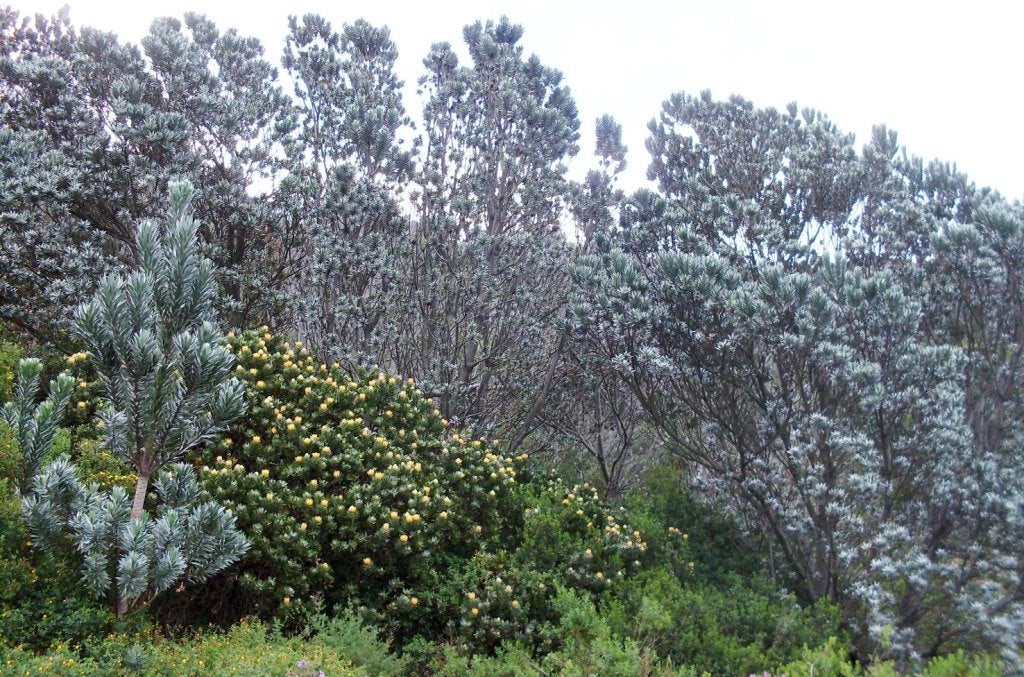By Daniel Friedman, Genetics ’14
For years, ecologists have modeled the biodiversity of natural forests as if they were oceanic islands, adrift in an unlivable sea of humanity. However, research published in April in Nature by C. Mendenhall et al. suggest that this is not the most accurate or predictive way to think about these pockets of nature. By comparing bat diversity on countrysides and oceanic islands, they find that fragmented land ecosystems behave markedly different than their oceanic counterparts. They find that forest “islands” maintain species at higher overall levels of biodiversity than ocean islands, and also gain/lose species in unique patterns. This has relevance to humanity’s actions to support biodiversity on land, and suggests the need for new models, metrics, and strategies of conservation.
Mendenhall, C., Karp, D., Meyer, C., Hadly, E., Daily, G., “Predicting biodiversity change and averting collapse in agricultural landscapes”, Nature, 2014.
Image from Abu Shawka, 2009. Creative Commons.

